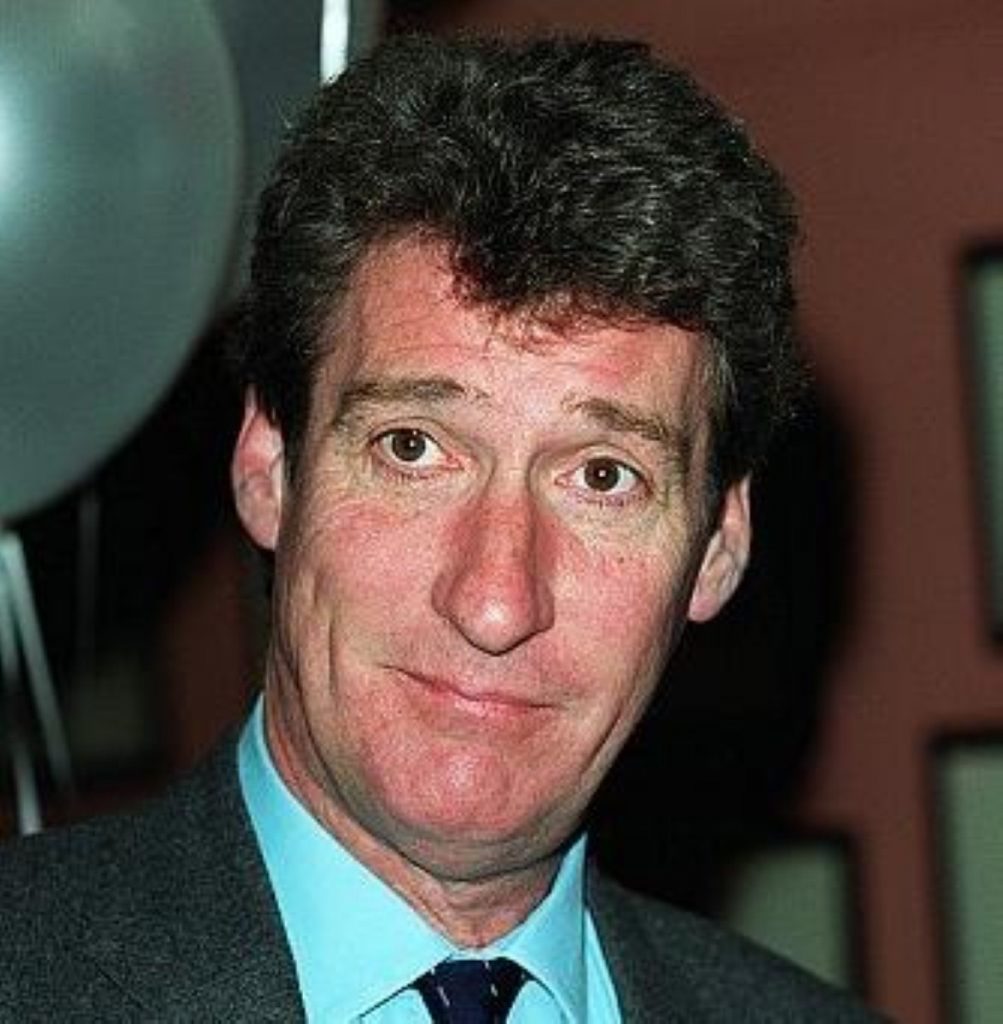Revealed: Paxman’s outrage at the BBC
The full scale of Jeremy Paxman's anger at the BBC during the Jimmy Savile row has been revealed, after the corporation published the transcripts of its internal interviews.
The testimony – which has come in for criticism for the extensive redactions of senior management names – reveals how tempestuous the relationship is between the BBC and its most famous journalist.
As the interview begins and Paxman is explained the set-up, he observes: "Do as you please. It is a different world. I don't think any journalists would ever find anything out if these were the normal rules of engagement. You do what you like.
"You are conducting this in such a ridiculous fashion that anything I say is just – is the translation of tittle-tattle into something that I don't think merits that description."


The Newsnight presenter paints a depressing picture of a cautious and self-serving management structure and a centralisation of editorial decision-making after the Hutton inquiry, which prompted the departure of director-general Greg Dyke in the wake of the Iraq war.
"Post Hutton there has been a greater centralisation – or a desire for greater centralisation of editorial decision making – that has been at the expense of the sort of independence that editors exercised at the time when George Entwistle was running Newsnight," he said.
"We wouldn't even bloody tackle a story that was about our programme. This is pathetic."
On BBC management, Paxman said: "The cast of mind that has overtaken the senior echelons, the sort of people they appoint, there is a raft of appointments now that has been made of people who are clearly not the most creative and decisions appear to be being made about appointments which are politically-based."
He also attacked the way the BBC responded to the Savile crisis.
"The BBC press operation is so terrible because there is a real problem in finding spokesmen who will defend an articulate point of view," he says.
But Paxman's most damning comments concern the BBC failure to push ahead with a story about Savile despite hearing extensive evidence of his sexual crimes against young people.
Asked when he came to the view that the BBC had made major mistakes on the row, he replied: "I will be perfectly frank. I formed it when the sh*t hit the fan…. around the time the ITV thing aired. I found the subject matter really unpleasant and distasteful.
"ITV aired that thing – I think it was not that different to what we had. The judgement that we had made was the judgement authority figures always make when dealing with these children."
"These people prey upon children in vulnerable situations and when the children complain they are not believed because if you ever get them in court it is well known that clever lawyers can discredit them because of their chaotic lives, the problems they have had with the police and so on. And I thought we had behaved just like other authorities and I didn't like it."
Generally on Savile, Paxman berated the BBC for ever allowing him to enjoy such a high profile.
"What was the BBC doing promoting this absurd figure, this absurd and malign figure?" he asked.
"I think that that is to with the fact of the BBC having been aloof from pop culture for so long.
"Suddenly pirate radio comes along with an influx of people from a very different culture and they never got control of them and I am not sure even now they have.
"They have never felt comfortable with pop culture and they have therefore given those who claim to perpetrate it too much licence."
Paxman's testimony was among 3,000 pages of witness statements on its handling of the Savile scandal.
In total over 90 pages of the report have been redacted.
Acting director-general of the BBC Tim Davie claimed the BBC "has been open and transparent in its handling of this unhappy chapter in our history".
He added: "It has not been an entirely comfortable process for us to go through but it is right that we did it this way."
Upon the review's release, a BBC statement said the redactions "were in line with the expectations of transparency previously set out".
Despite these assurances, some have been very vocal in their displeasure at the fact there are redactions at all.
"Of course they should publish them in full, the BBC is not the secret service for Christ's sake," Lord McAlpine, who was falsely accused of being a paedophile, told the Telegraph.
"There's no reason for holding back, what Jeremy Paxman said should be printed. It should be explained to people."
Sources indicate BBC Trust officials, who wanted everything published in accordance with the Pollard review, clashed with lawyers from BBC executives, who wanted extensive redactions of embarrassing material.









